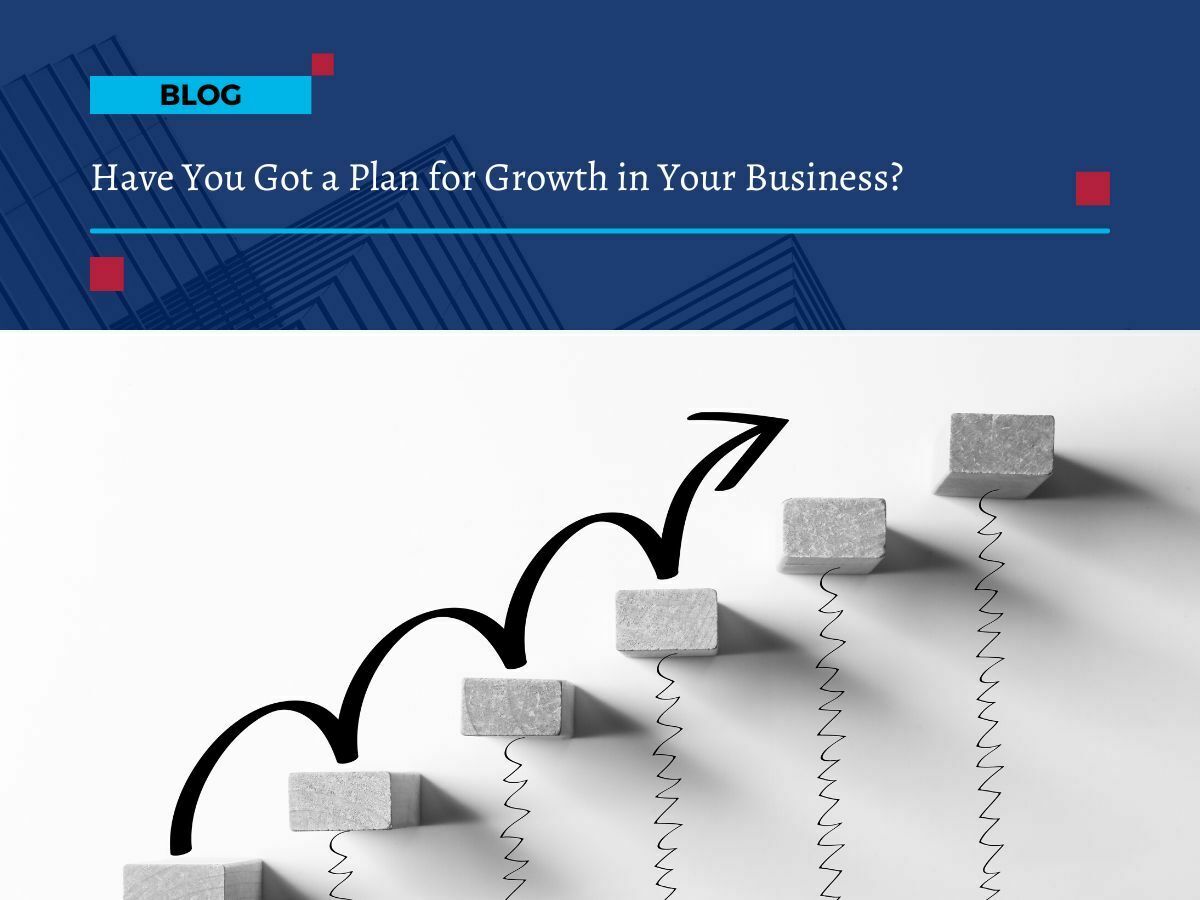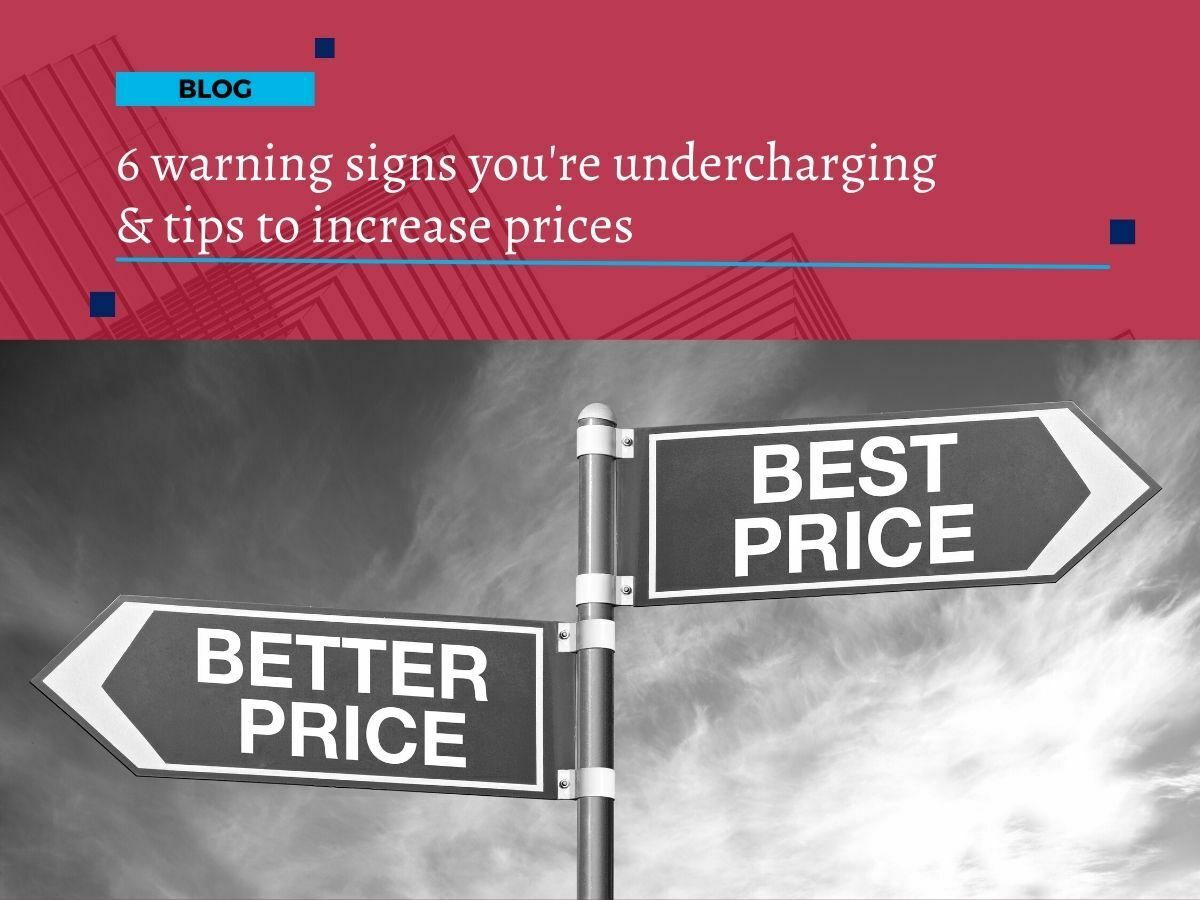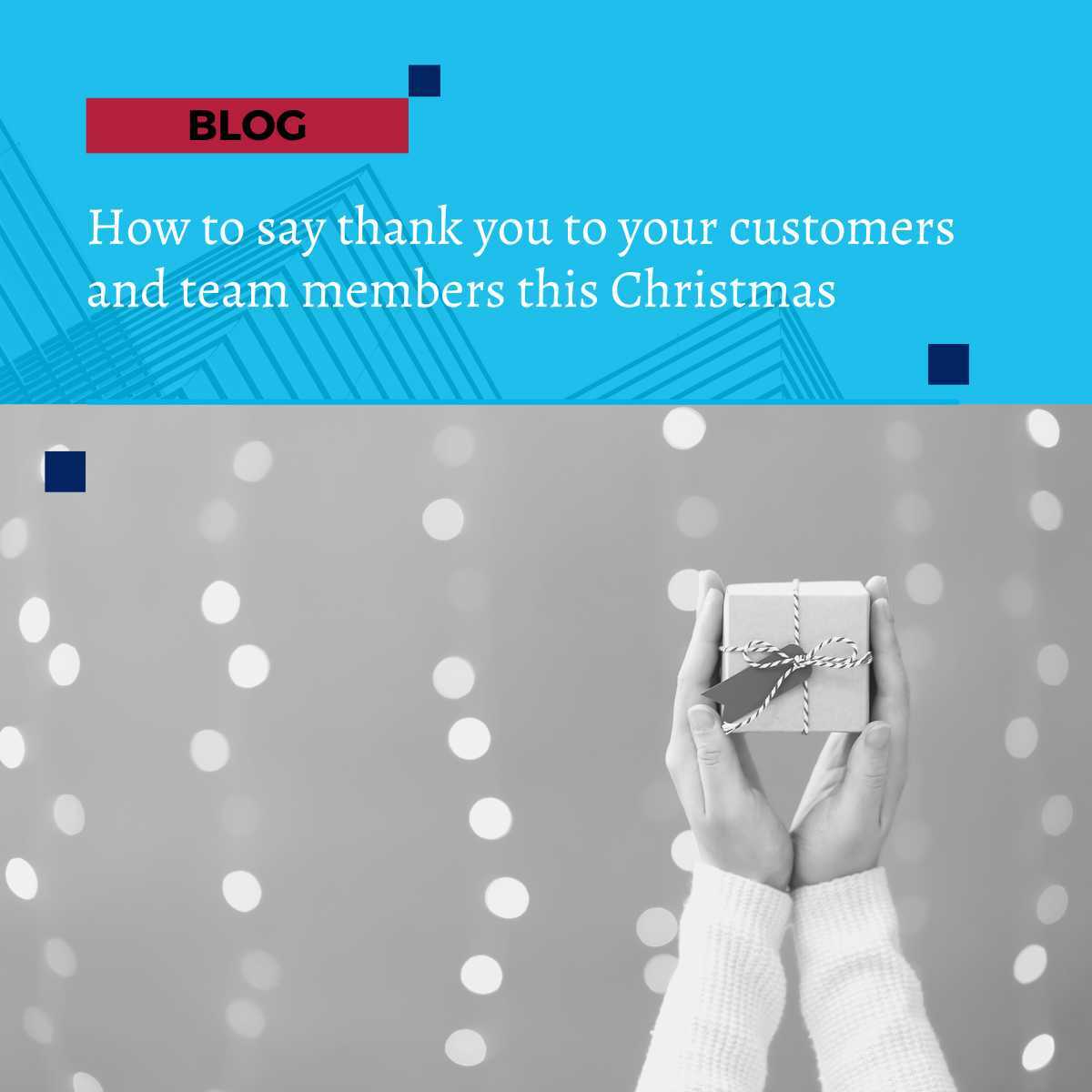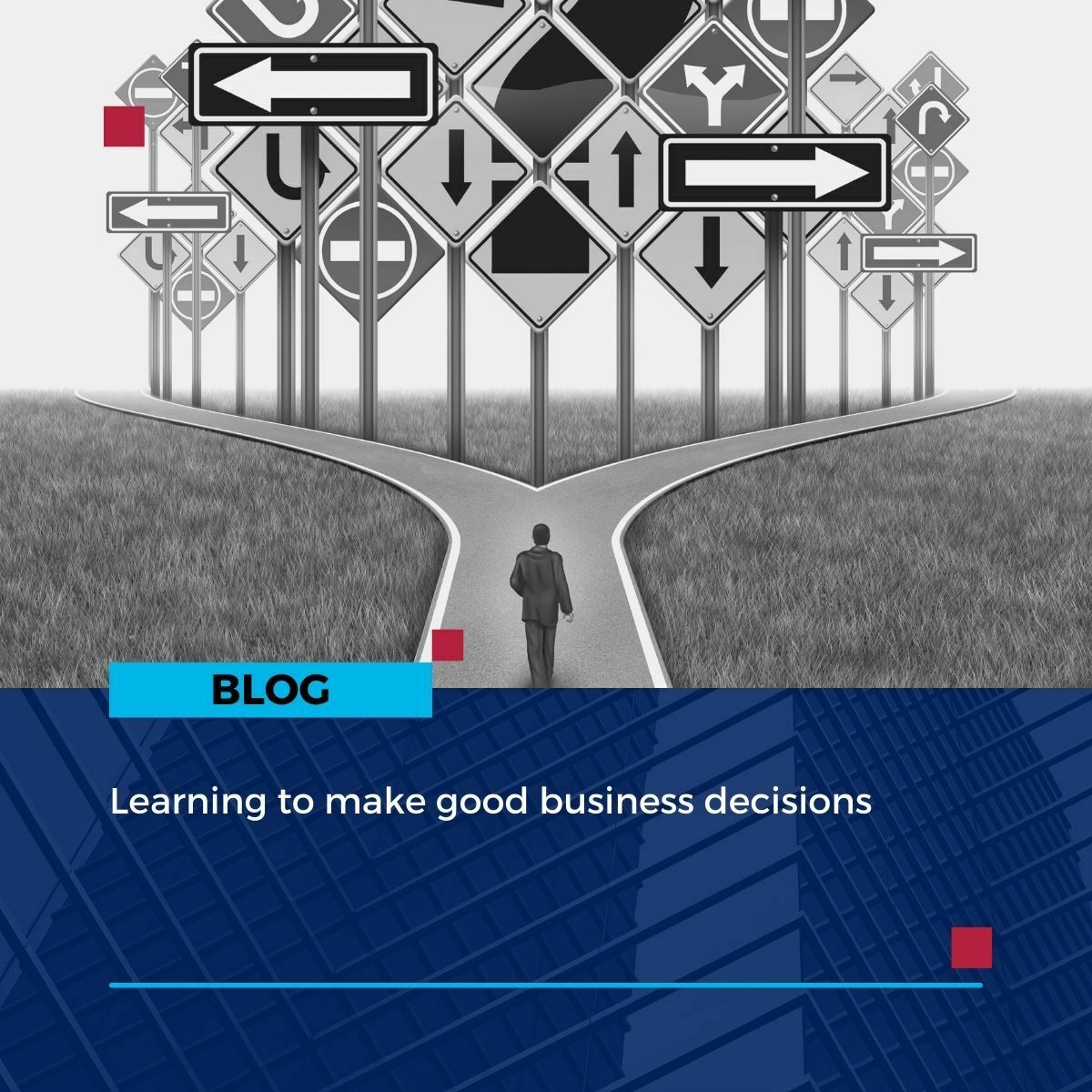6 Warning Signs You're Undercharging & tips to increase your prices
As we head through 2023, business owners are continuing to face a challenging year ahead. With the cost of living increasing and the possibility of more interest rate hikes, it is more important than ever to ensure that your business is charging appropriately for your services. It's important to have clients value your worth and understand that your time and expertise are valuable.
If you're unsure if you're charging enough for your services, here are 6 warning signs you're undercharging & tips to increase your prices.
1. Flat pricing for two years or more
In most industries, prices increase slightly each year to keep up with the market. If you've kept your prices the same for two years or more, it may be time to review your fees and make sure that they're competitive.
While it's understandable to want to keep prices stable for your customers, leaving your prices unchanged for too long could lead to missed opportunities for revenue growth and leave you vulnerable to competitors who are adjusting their pricing.
In today's dynamic business landscape, where the cost of living and interest rates are constantly fluctuating, it's important to periodically review your pricing to ensure that it remains competitive and aligned with your business goals.
One potential solution to flat pricing is to adopt a dynamic pricing strategy, where prices are adjusted regularly based on market conditions, customer demand, and other factors. This approach can help you stay ahead of the competition and maximize your profits, while still offering value to your customers.
Another option is to consider offering tiered pricing, where you provide different levels of service at varying price points. This can give customers the flexibility to choose the level of service that best fits their needs and budget, while also providing you with opportunities for upselling and cross-selling.
By regularly reviewing your pricing and exploring different pricing strategies, you can ensure that your business remains competitive and profitable in 2023 and beyond.
2. Your profit margins are shrinking
If you find that your profit margins are shrinking despite working more hours or taking on more clients, it's a clear indication that your pricing is not aligned with your business goals. While it's important to stay competitive, it's equally important to ensure that your pricing allows you to generate the profits you need to sustain and grow your business.
To determine whether your profit margins are healthy, it's essential to track your expenses and revenues regularly. You can use accounting software or work with a financial management professional to help you analyze your financial statements and identify areas where you can cut costs or increase revenue.
By paying close attention to your profit margins and adjusting your prices accordingly, you can ensure that your business is on track to achieve your financial goals and thrive in 2023 and beyond.
3. Overworking with no room for expansion
If you're overworking yourself and can't afford to hire additional help, it's a sign that your prices are too low.
While being busy is a good problem to have, overworking yourself to the point where you can't afford to hire additional help is not sustainable in the long run. If you find yourself in this situation, it's a clear sign that your pricing may not be aligned with your business goals.
To address this issue, you could consider raising your prices to better reflect the value you provide to your clients. Additionally, you could look for ways to streamline your processes and increase efficiency, which can help you get more done in less time and reduce the need for additional staff.
Another option is to explore different pricing models, such as performance-based pricing or project-based pricing, which can help you charge for the value you deliver rather than the time you spend. This can give you more flexibility to scale your business and increase your profitability while still providing value to your customers.
By taking a strategic approach to pricing and exploring different pricing models, you can ensure that your business is profitable, sustainable, and able to grow in 2023 and beyond.
4. No questions asked about your quotes
If all of your new clients accept your quotes or charges without any questions or attempts to negotiate, it's possible that you're charging too little for your services. Your clients may be thrilled to be getting a good deal, but it's important to make sure that you're not undervaluing your skills and time.
So, if you find that all of your new clients accept your quotes or charges without any pushback, it may be time to reevaluate your pricing. While it's great to have satisfied customers, it's important to ensure that you're charging what your services are worth.
To address this issue, you could consider conducting market research to see how your competitors are pricing their services. You may also want to look at your pricing structure and determine whether it reflects the true value of your skills and time. If you're consistently undercharging, it may be time to adjust your pricing to better reflect your expertise and the value you provide to your clients.
5. Clients don't treat you well
Do your clients take you for granted or fail to appreciate the work you're doing? If so, it could be a sign that you're undercharging for your services. When clients feel like they're paying too little, they may not fully understand the value of your time and expertise.
To address this issue, it's important to communicate the value of your services to your clients. This could involve explaining your pricing structure and the amount of time and effort that goes into each project. It may also be helpful to set clear expectations upfront, including deadlines, project scope, and any additional fees that may apply.
Another solution is to cultivate a client base that truly values your services. This could mean shifting your focus to a more niche market or simply being more selective in the clients you take on. By working with clients who understand the value of your expertise, you can build stronger relationships and increase your profitability over time.
6. Overbooked and turning away clients
If your business is thriving and you're turning away clients because you're fully booked, it's a clear sign that you're in high demand and providing valuable services to your customers. However, if you're not charging enough for your expertise and time, you may be leaving money on the table and missing out on potential growth opportunities.
One effective solution to this problem is to raise your prices. By increasing your rates, you can maintain your level of service quality while also boosting your profitability. However, it's important to be strategic when implementing price increases. Research the market rates for similar services and adjust your prices accordingly. You don't want to price yourself out of the market or lose your existing clients, so consider implementing the price increase gradually or only for new clients.
Another alternative is to outsource services like bookkeeping and payroll as an effective way to free up your time and focus on revenue-generating tasks. By delegating these tasks to professionals, you can ensure that they're handled accurately and efficiently while also reducing your workload.
Being fully booked is a great problem to have, but it's important to ensure that you're not leaving money on the table by undercharging for your services. By raising your prices strategically and implementing efficiency-boosting strategies, you can continue to provide high-quality services to your clients while also growing your business.
What should you be charging?
Setting the right price for your services can be a challenge. You'll need to do some research and evaluate the market to determine where your competitors are pricing their rates. Additionally, you'll need to take into account your level of expertise, the value that you provide to your clients, and your overall costs.
One strategy that many businesses use is value-based pricing. This approach involves setting your prices based on the value that you provide to your clients. By focusing on the outcomes and benefits that your clients receive from your services, you can set prices that are more in line with your worth.
At First Class Accounts Ovens and Murray, we understand that finding the right pricing strategy for your business can be challenging. We're here to help, and we can provide guidance and support to help you determine the right rates for your services. Our team has extensive experience working with businesses in a variety of industries, and we can provide insights and advice that are tailored to your specific needs.
In addition to helping you set your prices, we can also provide support with other aspects of your financial management. From bookkeeping to payroll, we can help you streamline your financial processes and improve your profitability.
Staying sustainable
As we enter 2023, it's more important than ever to ensure that your business is charging appropriately for your services. By keeping an eye out for the 6 warning signs you're undercharging and implementing the appropriate tips to increase prices you can improve your profitability and ensure that your business is sustainable in the long term.
At First Class Accounts Ovens and Murray, we're here to help. Whether you need assistance with pricing, bookkeeping, payroll, or other financial management services, we have the expertise and knowledge to support you and your business. We understand the challenges that businesses are facing in 2023, and we're committed to providing you with the guidance and support that you need to succeed.
Get in touch to discuss how we can help with your pricing, bookkeeping or payroll today.









